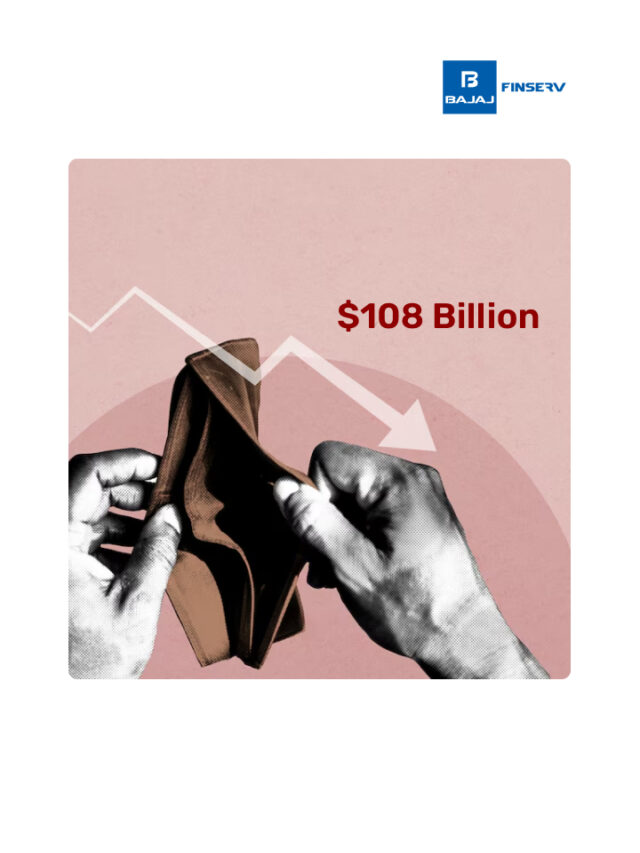Japan’s Largest Wage Hike in 33 Years as BOJ Eyes Ending Negative Rates
Last Updated on March 18, 2024 by ethinos

Summary Points:
- Japan’s major companies set to increase wages by 5.28% for 2024, the largest in 33 years.
- The wage hike is seen as a precursor to the Bank of Japan’s (BoJ) plans to terminate negative interest rates.
- BoJ’s anticipated policy shift comes after an eight-year period of negative rates.
Japan’s economic landscape is poised for a significant shift as the nation’s largest corporations have declared their intention to implement a 5.28% wage increase for the year 2024. This move marks the most substantial rise in wages the country has seen in over three decades and sets the stage for the Bank of Japan’s (BoJ) anticipated cessation of negative interest rates.
The BoJ’s negative interest rate policy, a cornerstone of Japan’s economic strategy for the past eight years, was designed to stimulate spending and investment in the face of deflationary pressures. However, with the announcement of these unprecedented wage hikes, the central bank is now preparing to navigate away from this long-standing policy.
The decision by Japan’s biggest companies to raise wages significantly is a response to various economic factors, including a tight labour market and the need to spur consumer spending. This wage increase is expected to bolster domestic consumption and, in turn, contribute to the country’s economic growth.
Additional Read: S&P Global places China Vanke Co. under a downgrade warning
The BoJ’s move to end negative rates is seen as a response to the changing economic conditions, particularly the wage increases that signal rising inflationary pressures. The central bank is likely to raise interest rates in a bid to normalise monetary policy and prevent the economy from overheating.
This policy shift by the BoJ is being closely watched by economists and investors worldwide, as it could signal a broader trend towards the normalisation of monetary policy in the aftermath of the global financial crisis. The end of negative interest rates in Japan may also have implications for global financial markets, as other central banks may follow suit in adjusting their own policies.
Disclaimer: Investments in the securities market are subject to market risk, read all related documents carefully before investing.
This content is for educational purposes only. Securities quoted are exemplary and not recommendatory.
For Detailed Disclaimers Click Here: https://bit.ly/3Tcsfuc










